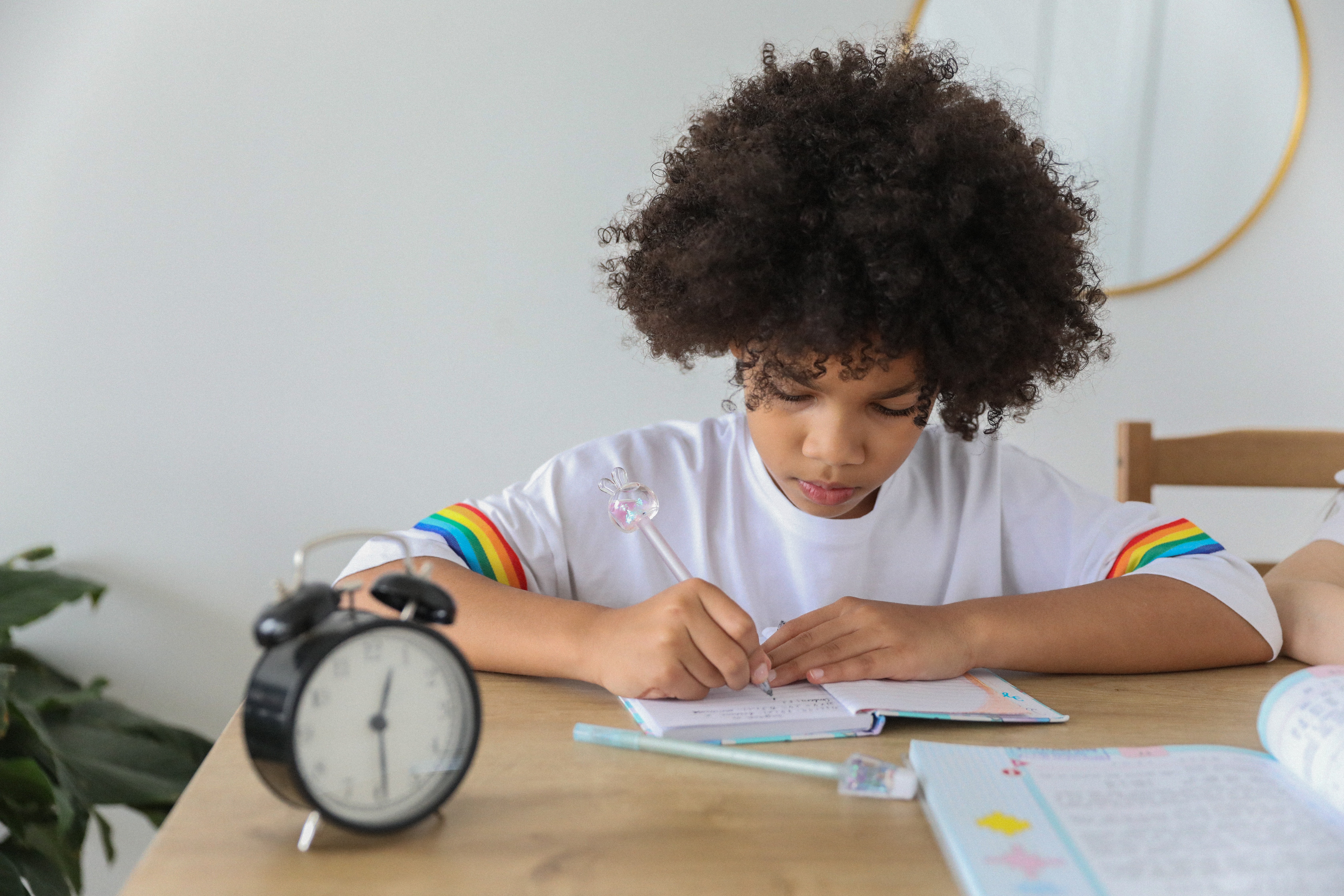Why Kids Aren't Learning Anything in School
Fear paralyzes progress.
At Curious Cardinals, we talk a lot about kids being afraid of failure. Their fear is founded -- in the traditional school environment, they grow accustomed to constant comparison, whether against Friday's test or a peer's stellar science project. With a focus on standardized testing, out-of-touch teachers, and an atmosphere of competition, any deviation from "perfection" feels like a benchmark for inadequacy.
This creates an atmosphere where children hesitate to take risks, stifling their natural curiosity and creativity.
Dr. Carl Rogers, who coined the concept of psychological safety, maintained that in order to be creative, curious, and engaged, one has to feel safe enough to take risks.
Kids can't learn when they don't feel safe. They also can't be engaged and productive if they don't trust the person they're learning from.
-2.png?width=422&height=422&name=events%20-%20Curious%20Cardinals%20(1)-2.png)
"Nothing robs the mind of its reasoning like fear."
- Edmund Burke (paraphrased)
 Traditional academic environments don't provide the crucial emotional support that kids need in order to thrive. Of course, your student isn't willing to speak up in class or ask for help with a tough problem... The elephant in the classroom is a lack of psychological safety!
Traditional academic environments don't provide the crucial emotional support that kids need in order to thrive. Of course, your student isn't willing to speak up in class or ask for help with a tough problem... The elephant in the classroom is a lack of psychological safety!
Our mentees consistently share that they feel this sense of security with their mentors. Rather than a teacher or tutor 10-20 years their senior, a CC mentor is only a few years older. Instead of being taught by a seemingly all-knowing expert, they're equal partners in learning with their mentor, figuring stuff out together. They also share similar experiences and backgrounds, so there's a sense of mutual understanding, or as our mentees would say: "My mentor gets me."
Psychological safety isn't about eliminating all barriers or adversity, or making kids "soft" -- on the contrary, it's about providing a stable launch pad from which kids can learn how to handle the tough stuff well. Mentorship provides a safe space in which kids aren't afraid to ask questions, try and fail, get back up, and challenge themselves to venture out further. They feel free to speak up without fear of looking unintelligent, getting a bad grade, or being picked on. Fear stifles creativity and productivity, but psychological safety overcomes fear.
Feeling safe and secure with their mentor helps students grow in confidence, and tenacity, and become truly engaged in what they're learning. Best of all, the relationship doesn't feel transactional -- as one CC mentee shared, "It doesn't feel like an exchange of value. I really feel like my mentor cares about me." (Sounds a lot like mattering!)
The bottom line is, if we want kids to challenge their minds, we first have to start with their hearts -- making them feel safe.
Want to create psychological safety for your student at home? Check out our guide here.
Learning that nurtures ❤️ and 🧠.
Get matched with a Curious Cardinals mentor today.



